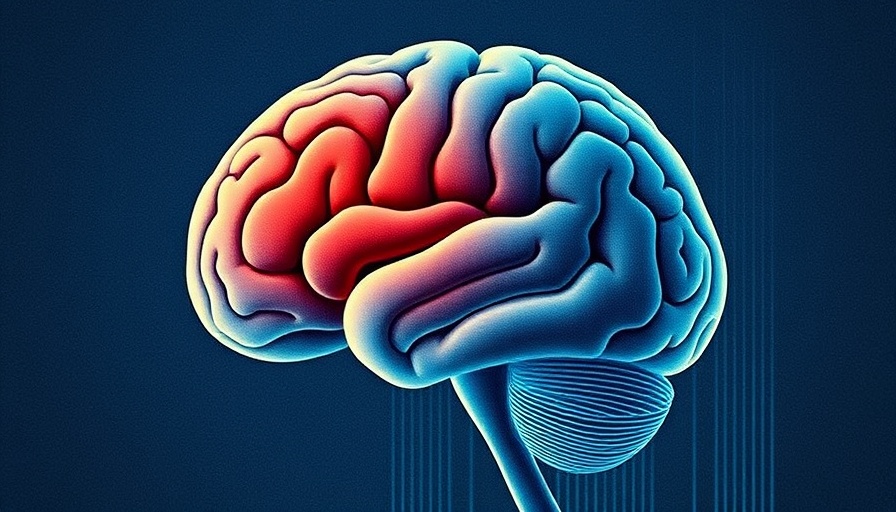
How to Keep Your Brain Sharp as You Age
As life expectancy increases, maintaining our cognitive abilities becomes more critical than ever. Neurologists agree that small lifestyle changes can help delay the onset of cognitive decline, allowing us to enjoy better brain health as we get older. Yet, how can we balance our lifestyle habits without sacrificing joy? Here, we delve into expert opinions on simple yet effective strategies for preserving brain health.
The Fundamental Connection Between Body and Brain Health
"All of the sensible things that apply to bodily health apply to brain health," states Dr. Suzanne O’Sullivan, a consultant neurologist. As people transition into middle age, the importance of healthy lifestyle choices becomes increasingly evident. It’s not just about avoiding diseases; it’s about thriving. Regular exercise, a balanced diet, and quality sleep all contribute significantly to maintaining cognitive function. This holistic approach to health can yield transformative benefits for both mind and body.
Make Your Health a Priority: The Power of Lifestyle Choices
To prioritize brain health, one must adopt a proactive lifestyle. Some practical changes recommended by neurology experts include:
- Regular Exercise: Engaging in physical activity three times a week can enhance blood flow and positively impact brain function.
- Nutritious Diet: Substituting olive oil for butter and adding antioxidant-rich foods can protect your brain cells.
- Adept Sleep Habits: Quality sleep is non-negotiable; it plays a critical role in memory consolidation and cognitive performance.
The Alcohol and Tobacco Effect: Smoke Less, Drink Smart
According to neurologist Tom Solomon, smoking is detrimental to brain health. Chronic smoking can lead to vascular damage, increasing the risk of cognitive decline. On the other hand, while moderate alcohol consumption might offer certain heart benefits, its effects on the brain are concerning. Dr. Faye Begeti suggests a guideline for alcohol consumption: only drink for celebrations and avoid daily habits. By understanding how these substances impact the brain, individuals can make informed decisions about their health.
Engagement and Lifelong Learning: A Magnificent Obsession
Learning new skills can keep your brain active and engaged. Whether it be picking up a musical instrument, learning a new language, or diving into arts and crafts, finding a "magnificent obsession" can significantly aid cognitive health. As Dr. O’Sullivan mentions, these hobbies provide both joy and mental stimulation, necessary for sustaining sharp cognitive function.
Community and Support: Connecting with Others
Never underestimate the role community plays in brain health. Engaging socially can stimulate our minds and improve overall well-being. Joining local health and wellness events in San Antonio can provide not just knowledge, but also meaningful connections. Attending classes or participating in group activities can offer both physical exercise and mental engagement, fulfilling this crucial aspect of brain health.
Taking the First Steps Toward Better Brain Health
Here are some actionable steps you can take to better your brain health now:
- Start a regular exercise routine that you enjoy — it could be walking, swimming, or even joining a local yoga class.
- Experiment with meal prep: include wholesome, nutritious foods in your diet.
- Track your alcohol consumption:
Conclusion: Invest in Yourself Today
Taking care of your brain is an investment in your future. By incorporating basic lifestyle changes, you can boost your cognitive health, reduce the risk of diseases, and enhance your quality of life as you age. Remember, every small decision counts towards your overall health and wellness. Start your journey today to unlock a brighter, healthier future.
Call to Action: Join local health and wellness events in your community to learn more and connect with like-minded individuals who are also on their journey to optimal health.
 Add Row
Add Row  Add
Add 




 Add Row
Add Row  Add
Add 


Write A Comment